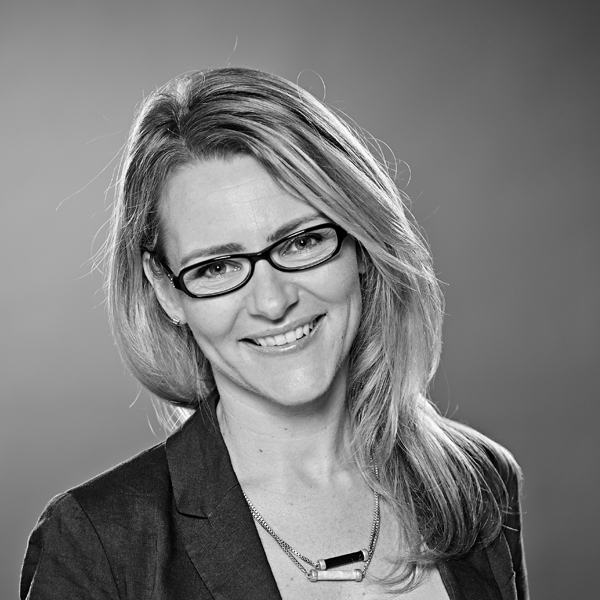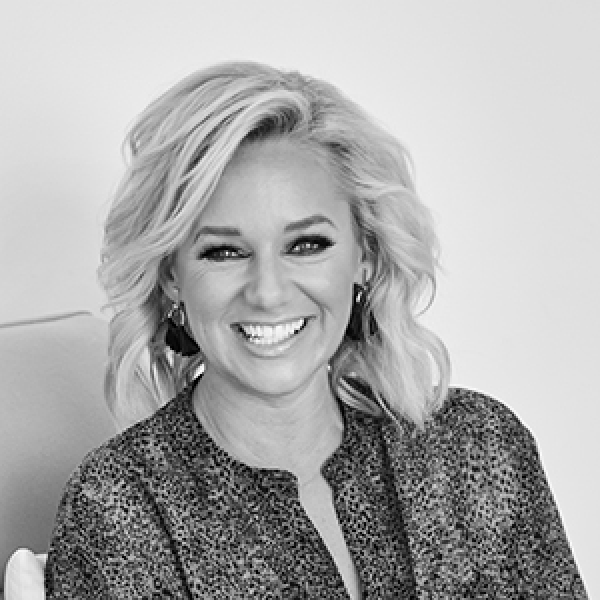
ASKING FOR A FRIEND
We're doing work for a highly valuable client, but they are rude on a daily basis. What should I do?
ASKING FOR A FRIEND - QUESTION
When a high-value client treats your team badly, the pressure to stay silent can be overwhelming. But as Kimberlee Wells, CEO of TBWA, and psychologist Sabina Read explain, there are ways to address the situation without sacrificing your wellbeing or career. From having honest conversations with difficult clients to knowing when it's time to walk away, this discussion offers practical strategies for handling one of the creative industry's most challenging dilemmas. Whether you're dealing with unreasonable demands or outright rudeness, their insights will help you navigate these tricky waters while protecting both yourself and your team.
When Client Rudeness Becomes Unbearable: Standing Up for Yourself and Your Team
We've all been there: working with a client who brings serious money to the agency but treats everyone like dirt. It's one of those situations that makes your stomach churn every morning, especially when you know a colleague has already walked away because they couldn't take it anymore.
The tension between keeping valuable business and protecting your team's wellbeing is real, and it's messy. When agencies prioritise profit over people, it creates an environment where bad behaviour gets a free pass simply because the cheques keep coming.
This question was answered by Kimberlee Wells, CEO of TBWA, with extensive experience in client relationship management and agency leadership, and Sabina Read, a psychologist and mental health expert who specialises in workplace wellbeing and relationship dynamics in the creative industry. Andy Wright, Host and CEO of Streamtime, facilitated the discussion.
Call It Out Directly
The first step might feel daunting, but Kimberlee's advice is clear: "My advice would be to actually call it out to that client, to just say hey you know something's not right here like what's going on can we get underneath it."
This isn't about being confrontational. It's about having a genuine human conversation. As Kimberlee points out, "Sometimes it's that people are geared that way but more often than not it's that they might have other things that are going on inside them or other pressures that perhaps they're facing within the business and no one's actually stopped to ask them."
Junior clients, in particular, might be dealing with enormous downward pressure from their own organisations. They feel powerless internally, so they push back on agencies because "they're paying us and then the threat of well if you don't like it suck it I'll take my money elsewhere."
Elevate to the Right People
If you're facing this behaviour directly, don't suffer in silence. Kimberlee emphasises the importance of making sure "the right stakeholders within your business are also aware of it and make sure they're really aware of what the implications of those interactions are having on you personally and on your team."
The key is being specific about solutions you've already tried. Approach management with: "These are all the solutions that I've tried, do you have any other suggestions on what we might be able to do here." This shows you've been proactive and gives leadership a clear picture of the situation.
Look for Common Ground
Sabina offers a different angle: focusing on what you have in common with difficult clients. "When we look for something that we have in common with a person that we're having difficulty with it does help to soften and shift the dynamic both at an interpersonal level and also at a task level."
This approach helps you move away from an adversarial mindset where you're "against each other" and instead work collaboratively on the task at hand. It's not about excusing bad behaviour, but about finding a way to make the working relationship more functional.
Know When to Walk Away
Sometimes, despite your best efforts, the situation remains toxic. Kimberlee is frank about this reality: "If they draw blanks as well then you know it becomes well it's an unworkable situation and I am not prepared to encounter that any longer and you have to be prepared to walk away."
This is where agencies show their true values. As Kimberlee puts it: "Purpose is not purpose until it costs you something." If your agency consistently chooses profit over people's wellbeing, that tells you everything you need to know about the environment you're working in.
Connect with Others Through NNC Circles
Dealing with difficult clients can feel isolating, but you don't have to navigate this alone. NNC Circles are peer support groups specifically designed for creatives facing workplace challenges. These confidential, non-competitive spaces allow you to share experiences with others who understand the unique pressures of our industry. Sometimes just knowing others have faced similar situations and hearing how they handled them can give you the confidence to take action.
When Professional Support Might Help
If client rudeness is affecting your mental health, sleep, or overall wellbeing, it might be time to seek professional support. A counsellor or therapist can help you develop strategies for managing difficult relationships and maintaining your emotional resilience. Remember, prioritising your mental health isn't weakness – it's essential for your long-term career success. You can find resources and support options on our Where to Get Help page.
Know Your Rights with the Support Line
If client behaviour crosses the line into harassment, bullying, or creates a hostile work environment, you have rights. The NNC Support Line provides free initial legal advice for creative industry professionals dealing with workplace mistreatment. Sometimes just understanding your legal position can give you the confidence to address the situation more effectively.
You deserve to work in an environment where you're treated with respect, regardless of how much money a client brings in. Trust your instincts, speak up for yourself and your colleagues, and remember that no amount of revenue is worth sacrificing your wellbeing or that of your team.
our guests
Industry Leader

Kimberlee Wells
TBWA
Mental Health Expert

Sabina Read
Host

